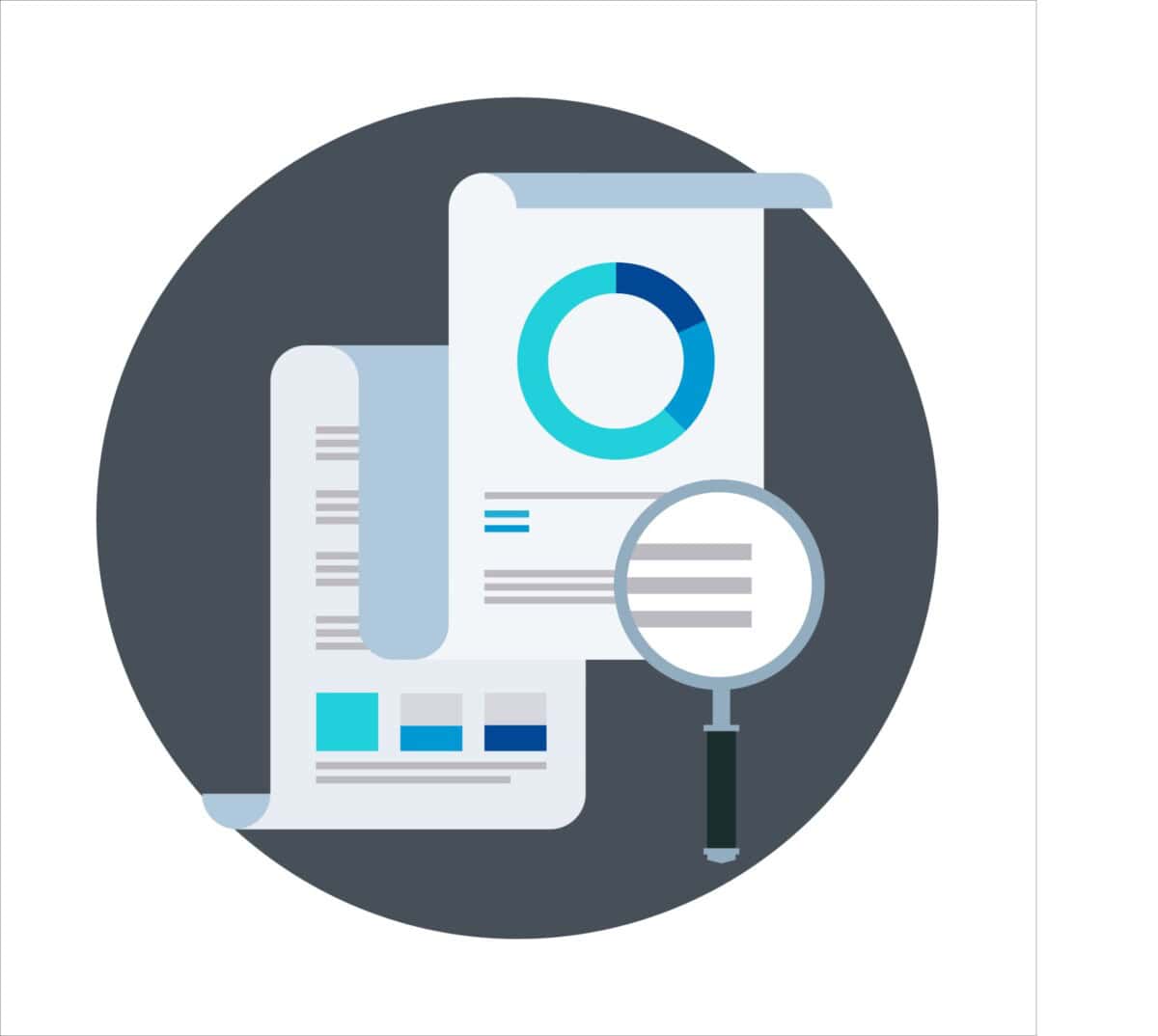One of the most important position at modern organisations, or at least those who strive to keep up to date with the rapidly changing requirements of the contemporary business environment, is the role of a senior business analyst (SBA).
Professionals occupying these roles are essential in ensuring that the organisations become and remain efficient, agile, and responsive to market changes.
Of course, as business analysts progress through the early stages of their careers, most aspire to take on a more challenging and strategic role such as that of an SBA, and potentially move even further up the ladder to becoming a lead business analyst or head of business analysis.
It’s a perfectly natural step for business analyst who invested years into gaining expertise and experience in the field and wish to have a more significant influence on business outcomes and organisational strategies.
However, to take that next step, a junior or mid-level BA must have a clear understanding of the essential skills and competencies needed for success as a senior business analyst, as well as the primary responsibilities that this position entails.
Table of Contents
The Role of a Senior Business Analyst
Senior business analysts are commonly tasked with more complex projects and play a pivotal role in shaping business strategy.
They are expected to lead teams, work across multiple domains, and provide guidance to senior stakeholders. SBAs are indispensable when it comes to bridging the gap between business objectives and solutions.
So, the role of a senior business analyst extends beyond the standard duties of a typical BA and includes more intricate and high-level responsibilities that impact how the entire organisation functions.
These responsibilities span several critical functions within the business analysis domain.
Senior Business Analyst Primary Responsibilities
As they work to make sure that business requirements are captured, understood, and transformed into effective solutions, senior business analysts will usually be involved in several key activities.
While the exact responsibilities may differ from organisation to organisation, or even from project to project, there are a few specific areas that will more often than not fall into a senior business analyst’s scope of work:
- Business analysis planning: senior BA leads the planning and estimation of business analysis tasks, including, but not limited to, requirement elicitation, analysis, and documentation. They create comprehensive business analysis plans outlining the key activities, deliverables, and timelines for a project while ensuring adherence to these plans throughout the project lifecycle.
- Investigating business problems and opportunities: One of the key responsibilities of an SBA is to thoroughly examine the business problems and opportunities within an organisation. This involves identifying inefficiencies and gaps, but also determining changes that will address these issues. These changes could involve modifying processes, improving information flow, enhancing technology, or even restructuring roles.
- Strategic planning and solution design: No matter the seniority, business analysts will likely be involved in strategic analysis at some level. However, as SBAs typically work on more complex projects, they have to look beyond specific initiatives and provide a wider and more holistic perspective on change and asses the feasibility and potential impact of solutions while considering the company’s broader objectives. With high-profile projects, strategic planning and analysis will involve multiple perspectives and several interconnected activities, so the SBA can help senior stakeholders make informed decisions on the particular initiative.
- Business and technical feasibility: A senior business analyst also provides valuable insight to senior stakeholders about the feasibility of business and technical changes. This means that one of the responsibilities of an SBA is to determine whether proposed options align with the company’s goals and resources and assess potential risks. To be able to do this, an analyst must have a thorough understanding of business processes but also be prepared to closely collaborate with technical teams to translate business requirements into viable technical solutions.
- Stakeholder engagement: An SBA should maintain strong relationships with stakeholders across different levels of the organisation, making sure that everyone’s perspectives are considered and addressed. This involves engaging with various stakeholders, including managers, team members, clients, vendors, users, and regulators, effectively managing their expectations, ensuring continuous communication, and acting as a liaison between business and technical teams. Senior business analysts will often plan and facilitate workshops and meetings, helping stakeholders identify problems and understand needs and guiding them through the decision-making and change management processes.
- Supporting business case development: A senior business analyst helps define and present business and technical options that address specific business objectives. Additionally, they assess the costs, benefits, risks, and impacts of each option, thus helping stakeholders to make informed decisions.
- Leading and mentoring a team: A senior BA will often be tasked, especially on larger projects, with overseeing a team of junior or mid-level analysts. For an SBA, leading a team should involve not only task management and overseeing other analysts, but also coaching and mentoring them. This will help develop the team’s capability and ensure the implementation of the business analysis practices within the organisation.
Skills Needed for Senior Business Analyst
IIBA BA job descriptions define a senior business analyst as “a highly experienced practitioner with a strong knowledge of a wide range of tools and techniques along with experience of deploying them in complex and ambiguous contexts” and suggests level 5 across SFIA skills as described in the BABOK guide
This practically means that the role of senior business analyst requires a blend of technical proficiency, business ability, analytical thinking, and excellent communication.
So, to be a successful SBA, you’ll need a unique mix of both hard and soft skills.
Hard Skills
- Business analysis techniques: An SBA must possess an extensive arsenal of BA tools and techniques that help them investigate, model, and analyse complex business processes and systems. Some of the essential techniques include process modelling, data flow diagrams, and use case analysis. Unlike lower-level business analysts who are often specialised in certain techniques, an SBA must be proficient in multiple areas, so they perform at a high level on projects of various types.
- Information modelling tools: Familiarity with information modelling tools that help map out the structure and relationships within an organisation is an extremely useful skill for any SBA. Tools like class diagrams and relational data models are commonly used to visualise how data flows through a system.
- Corporate and industry standards: understanding and applying corporate, industry, and professional standards is a critical aspect of an SBA’s role. For example, by adhering to IT industry best practices or specific organisational protocols, SBA ensures that all solutions comply with these standards.
- Stakeholder engagement: A senior BA must be able to identify key business stakeholders and understand their levels of influence and interest. This helps the senior business analyst tailor their communication and engagement strategies according to the preferences of various stakeholders, ensuring that all voices are heard.
- Proposal development: An SBA will often be in a situation to develop and present detailed business cases, requests for proposals (RFP), and invitations to tender (ITT). So, it’s necessary to be able to clearly articulate the requirements, costs, and benefits associated with a proposed solution, both in writing and verbally.
- Project management: While their job differs from project managers, SBAs still need to be proficient in project management, as they will have to coordinate between teams and manage deliverables to ensure project success.
- Data analysis: A senior business analyst also has to be familiar with data analysis and be able to use tools to process large datasets, identify trends, and provide insights. This will often involve the use of statistical analysis, predictive modelling, and data visualisation to help senior stakeholders make informed business decisions.

Soft Skills
- Analytical and critical thinking: A senior BA must excel at critical thinking, using data to build a holistic understanding of the business’s needs and potential solutions. This skill helps them assess situations from multiple perspectives and develop well-rounded, actionable strategies.
- Strategic perspective: To ensure that the projects they manage align with long-term business objectives, SBAs must think strategically. A senior business analyst must ensure that the solutions they propose are in line with the strategic context of the organisation. A strategic perspective is invaluable when assessing how a certain project impacts other initiatives and advising stakeholders on prioritisation and resource allocation.
- Communication and negotiation: The ability to communicate complex information clearly to both technical and non-technical stakeholders is essential if an SBA is to perform its role successfully. They must also be able to negotiate effectively, balancing client demands with technical feasibility, making sure both sides align on realistic expectations.
- Interpersonal skills: On a daily basis, an SBA works with a variety of people across different departments and organisational levels. Therefore, building strong relationships and fostering an open, collaborative environment is a must if the goal is to keep all stakeholders engaged.
- Leadership: As mentioned above, a senior business analyst will often lead teams of junior analysts, so, leadership skills are essential. This includes mentoring others, overseeing project efforts, and ensuring the entire team meets performance standards and is aligned with the project’s objectives.
Essential Qualifications and Experience for the Role of a Senior Business Analyst
Besides formal education, IIBA recommends the following minimal educational and experience requirements for those looking to transition to the role of a senior business analyst:
- A proven track record of working in complex business environments, using a wide range of tools and techniques to resolve business problems.
- Exposure to senior stakeholders and experience working on strategic projects.
- Outstanding stakeholder management and relationship-building skills, capable of navigating and influencing diverse business environments.
- A broad understanding of business operations and the significance of commercial constraints.
- Certification from industry-recognised bodies like the IIBA CBAP (Certified Business Analysis Professional)
or the BCS International Diploma in Business Analysis is advantageous.

